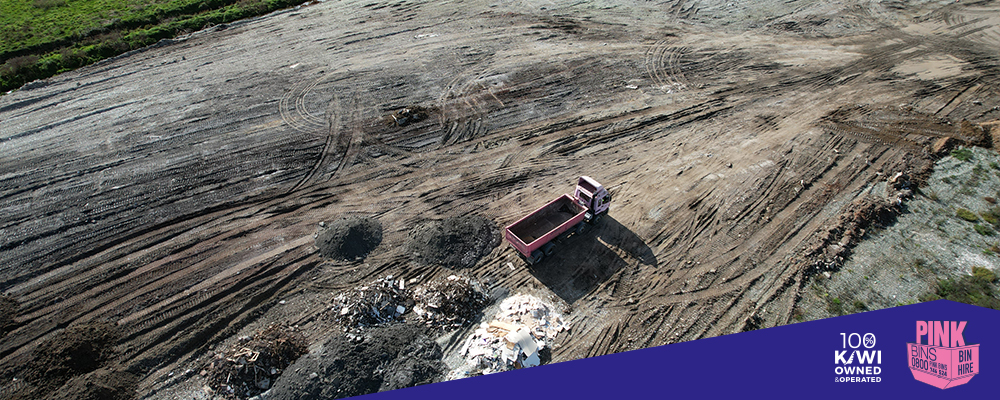In July, the landfill levy for municipal waste will increase from $10 to $20 per tonne. Why the increase? How will it affect you? Read on.
As part of the Waste Minimisation Act 2008, the landfill levy increases annually. By July 2024, it will reach $60 per tonne. And, of course, this means more cost for you, the consumer. We should consider ourselves lucky, though: In the United Kingdom, landfill levies are as high as $144 per tonne.
Why increase the levy?
Now, the Government isn’t trying to make our lives more difficult. Instead, by increasing the levy it hopes to encourage us all to reduce our waste.
You see, like the rest of the world, this ‘clean and green’ country of ours has a massive waste problem. To give you an idea of how bad things are, Kiwis dump about 30 million tonnes of waste to landfill every year when around 75% of it could have been recycled, reused or composted.
How is the levy spent?
You may be happy to know that the Government puts the levy to good use. Half of the funds generated are divvied out to city and district councils to spend on waste minimisation, and the rest (minus administration costs) goes to the Waste Minimisation Fund.
What’s wrong with dumping waste in landfill?
It’s no secret that our planet’s natural resources are limited. So, the more we reuse or recycle materials, the fewer natural resources we need to dig out of the ground. Also, organic waste, like food and lawn clipping, produces harmful methane gas that pollutes the atmosphere and contributes to global warming. Either way, the less waste that goes to landfill, the better.
What does the increase mean for you?
If you’re in business, you’ll want to keep expenses as low as possible. So, with the ongoing levy increases, it makes sense to re-evaluate how you manage your waste.
Of course, an obvious way to reduce waste-related costs is to produce less waste in the first place. So, you may consider things like going paperless, cutting back on packaging and getting into composting. Sorting your waste is also a good idea. For example, by hiring a bin for timber only, builders can save up to $100 per bin.
If you’re an everyday householder, there are also plenty of things that you can do to reduce costs and do your bit for the planet, such as:
- Don’t buy products with excessive packaging.
- Repurpose belongings that you no longer want (make rags from old clothes, for example)
- Give away your old stuff to charities.
- Compost your food waste.
To ensure that the world is in good shape for future generations, there is no doubt that society must change its approach to waste. All it takes is some thought and planning.

